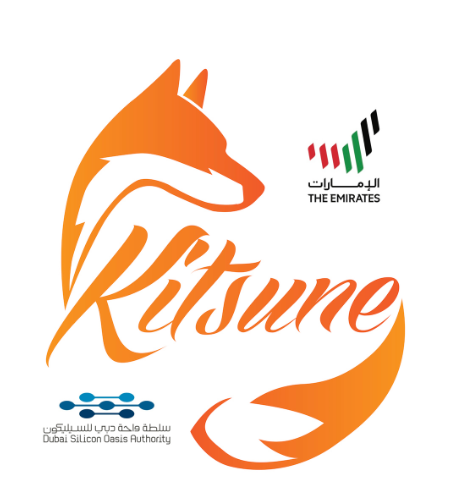The challenge is no longer to be found, but to become the source
The SEO expert, EMEA General Manager of Kitsune, launches a new model for the era of generative artificial intelligence: “Those who don’t adapt will disappear”
SEO is not dead, but it will never be the same again. This is not said by a provocateur, but by one of the top international experts in online positioning and visibility: Paolo M. Luino, 63, from Turin, EMEA general manager of Kitsune.pro and Kitsune.ae, agencies active in the USA, Europe and United Arab Emirates, specializing in digital marketing for the health, legal and industry sectors.
The revolution, already underway, has a precise name: Al Overviews.
Launched as a test by Google in the United States and now arriving in Europe, this new system based on generative artificial intelligence provides direct answers to user queries, without going through the classic ten results of the SERP. Fewer clicks, less traffic to websites, less visibility for those who continue to think with old SEO logic.
“This is because the classic sequence query > results > click is giving way to direct interaction between users and artificial intelligence, which provides answers without the need to access websites,” explains Luino. “A paradigm shift that risks putting entire sectors in crisis. Let’s be clear: it’s not the end of SEO, but a revolution in its perimeter: we no longer optimize just for search engines, but for an entire ecosystem that includes Al, video, social media, niche platforms and exclusive content.”
“Until now, SEO stood for Search Engine Optimization. Today we need to talk about Search Ecosystem Optimization. Because information is no longer sought only on Google, but everywhere: inside a video, on a Linkedin post, in Al chatbot suggestions. And content must speak to all these channels, in a coherent, deep, intelligent way,” explains Luino.
Luino, among the first to have grasped the impact of digital transformation on the online search ecosystem, identifies three key levers to address the new scenario:
Owning a history of search terms: Google will make data less and less accessible, and those who preserve queries and insights today will be able to anticipate user behaviors tomorrow.
Producing long, structured, quality content: LLMs, like ChatGPT and Gemini, cite solid information sources. Only those who publish complete and updated content can hope to be selected.
Investing in video (both short and long): Google has included it among the main filters in the search bar. Multimedia content is an integral part of the visibility ecosystem.
“The problem is that many companies aren’t noticing this. They continue to focus everything on keywords and campaigns, neglecting identity, reputation, and brand protection from misinformation.
And this is precisely where our experience comes into play,” concludes Luino, who has been supporting international clients for years in crisis communication and digital reputation management.
“With Al beginning to ‘answer on your behalf, becoming an authoritative voice is the only long-term strategy. The challenge is no longer to be found, but to become the source.”
